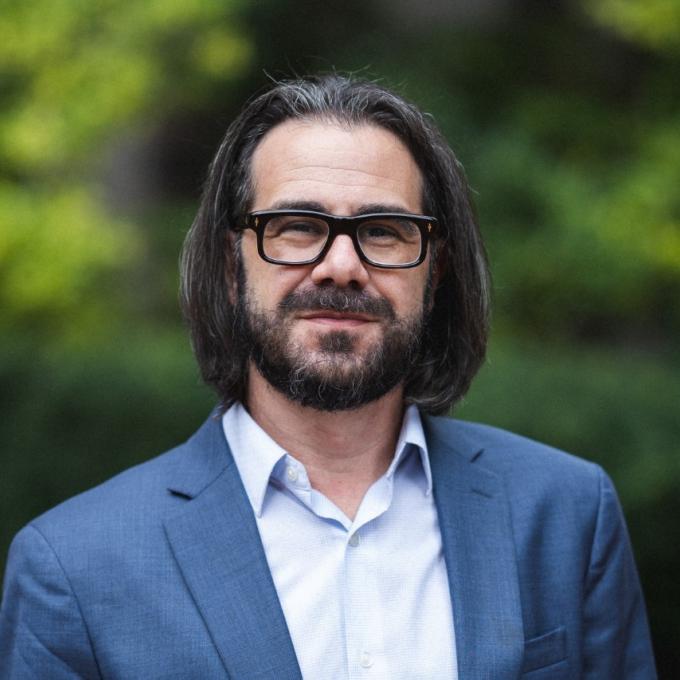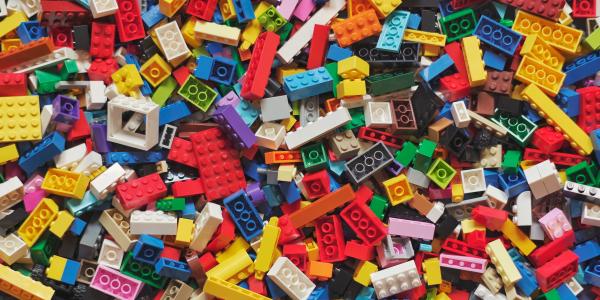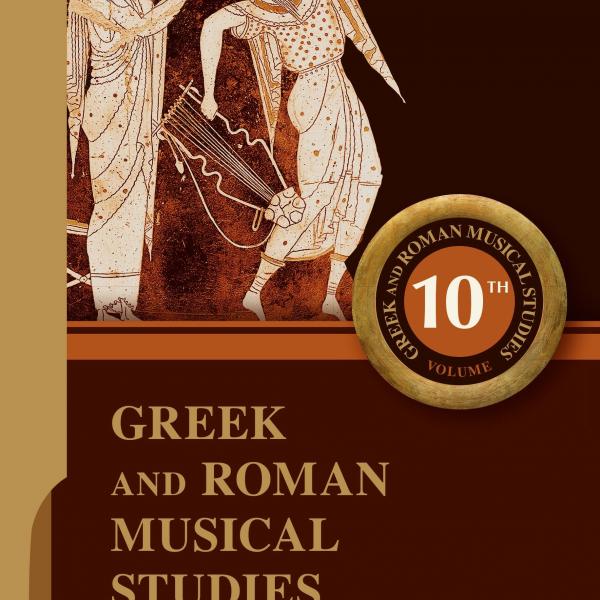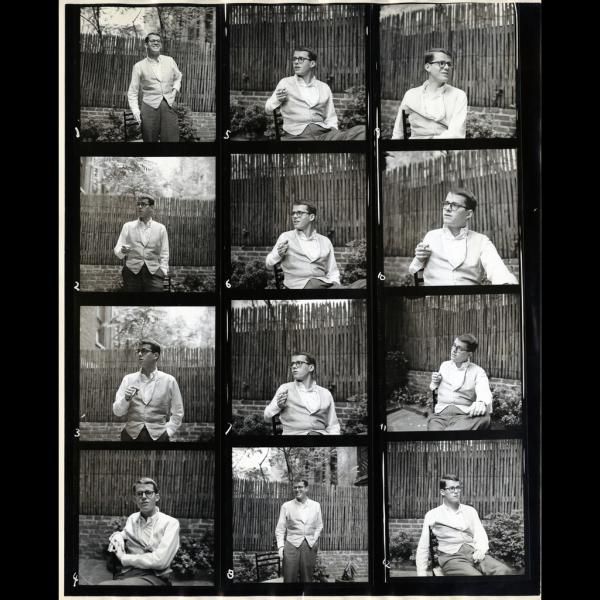For the 2021 Humanities Lecture Series, media studies scholar Ian Bogost will give three lectures that explore the theory of play.

According to Ian Bogost, play is an integral part of the world, if only we have the mindset to recognize it. Bogost joined Washington University this fall as director and professor of film and media studies and professor of computer science and engineering. On Monday, Nov. 15, he will give the first of three lectures in the 2021 Humanities Lecture Series about his recent work on play and living playfully.
“Play is the feeling of using something, of exploring what an object, experience, or relationship can do,” Bogost said. “Play is in objects themselves and in how we explore the capacities and affordances of them.”
When people think of play, they often place it in a false dichotomy with work, Bogost explains. Most individuals assume that work and play have little relationship to each other. In reality, play requires a person to think, “what am I even working with here?” For Bogost, this approach is liberating because it frees us from dividing our lives into productive and unproductive areas.
“We can think and play without worrying that play is some kind of indulgence,” he said.
Bogost’s research into play comes out of his longstanding interest in video games, as a game designer as well as player and scholar. Fascinated by the enjoyment found with repetition in games, like when players make Mario leap over obstacle after obstacle for hours, he wondered if that use of repetition to test the capabilities of an object like a video game could be applied to everyday life.
“What if you could see your morning breakfast or dishwasher routine as having the same potential for delight as a game, like the popular multiplayer game Overwatch does? The more playful we can get in the more circumstances, the more we experience the delight or fun that we’ve relegated to specific domains, the better we get at it in everything else.”
In previous years, the Humanities Lecture Series has hosted scholars from WashU alongside visiting speakers, including talks by Patricia Williams, Lynn Hunt, and Marilynne Robinson. “Bogost is a polymath and he might have spoken on a variety of topics—video gaming, object-oriented ontology, the internet of things — but we're thrilled that he's chosen to speak on a topic central to the humanities, on play,” said Joe Loewenstein, professor of English and director of the Humanities Digital Workshop and the Interdisciplinary Project in the Humanities.
“Part of the thrill is that the topic, while central, is slightly scandalous in an era in which work, conflict, and the earnest struggle for fairness stake deep claims on our attention," Loewenstein said. "Bogost's topic reminds us of what we work and struggle for—so that we can take pleasure, enjoy, share our enjoyments, allow ourselves and others an unseriousness that honors creation with recreation.”
Bogost will give the first of three lectures Monday, Nov. 15 at 4 p.m. on “A Theory of Play.” The second lecture, “Think Inside the Box,” will be held Wednesday at 4 p.m. The final lecture, “How to Live Playfully,” will take place at 5:45 p.m. on Thursday, with a 5 p.m. reception preceding. All lectures will take place in the Women’s Building Formal Lounge.
The Humanities Lecture Series is hosted by the Interdisciplinary Project in the Humanities.




